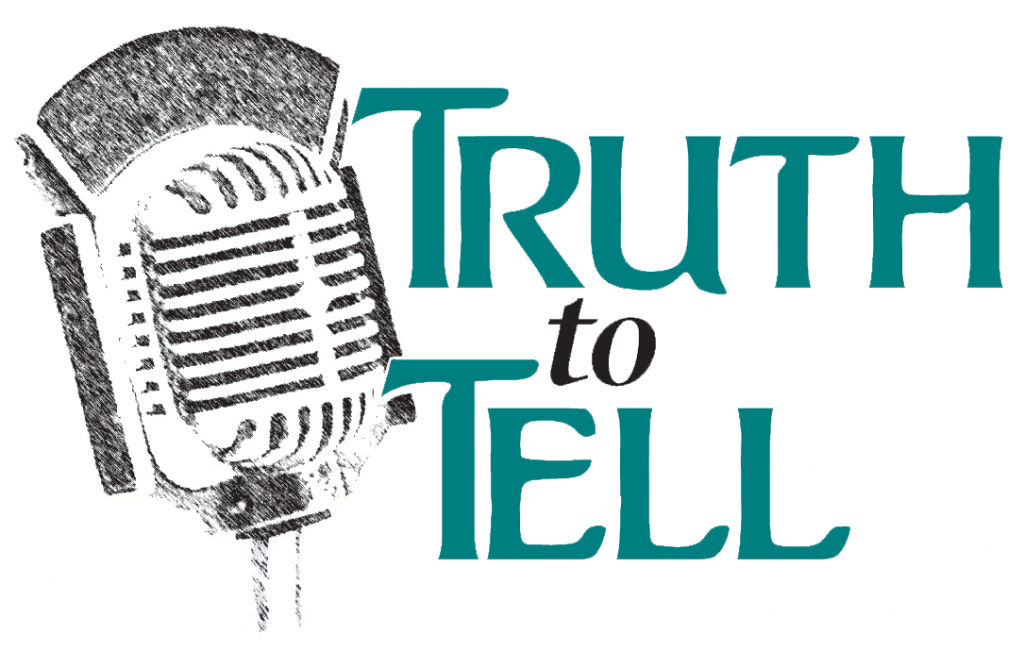TTT1208-Feb 20-JudicialSelection12
Remember – call and join the conversation – 612-341-0980 – or Tweet us @TTTAndyDriscoll or post on TruthToTell’s Facebook page.
HELP US BRING YOU THESE IMPORTANT DISCUSSIONS OF COMMUNITY INTEREST – PLEASE DONATE HERE!
~~~~~~~~~~~~~~~~~~~~~~~~~~~~~~~~~~~~~~~~~
Minnesota’s system of electing judges once relied on an important caveat in the little known law known as the Canon of Judicial Ethics or Minnesota Code of Judicial Conduct. That caveat, known as Canon #5, prevented judicial candidates from taking political stands on issues that might well come before them as judges or justices. It was an important rule for most of the lawyers and judges – of any political persuasion – practicing before the bar (the term for the legal community) to keep the process relatively clear of politics. Politics, they insist(ed), have no place in seeking judgeships because of the neutrality that serves as the ideal for presiding over trials and considering appeals.
Of course, it’s something of a myth that politics – or at least one’s personal and political bent – doesn’t find its way into many of the court’s judgments, but, at least campaigns for judge could speak more to qualifications for the bench and less about the way a judge would likely rule in most cases.
However, a relative minority of the legal community, more often than not from the ideological right, but certainly not limited to that stripe, argued and still argue that the public has an inherent right in elections to hear about where a judicial candidate stands on key issues facing society, or, perhaps, even how they would rule in some cases.
One Minnesota lawyer, Gregory Wersal, himself a repeated candidate for the Minnesota Supreme Court, challenged what he considered the inappropriately restrictive Canon 5 and took that case all the way to the U.S. Supreme Court, where he won a landmark 5-4 decision (Republican Party of MN v. White) that has since opened the door to highly politicized judicial races across the country (since most states’ Canons contained similar prohibitions).
Actually, most judges, once in office, are almost never challenged unless they committed mayhem of some sort. Those who do go after a sitting judge are considered a bit dumb because the lack of voter engagement almost always reelects the judge and the former opponent is now likely to come before this judge in a courtroom. While theoretically committed to impartiality in such cases, judges may, indeed, hold a grudge for having been dragged through an expensive and, perhaps, embarrassing campaign for reelection. Result: most sitting judges run unopposed.
This is why Wersal was considered outside the mainstream and thus dismissed as a fly in the ointment – until his argument received the blessing of the Supremes.
For many respected present and former justices and judges, this was and abandonment of the fundamental principles of English Common Law, let alone a longstanding ethic that kept the courts and campaigns for them clear of open ideological battles. While Minnesota has not quite yet descended into the degrading contests the legal community feared in opposing Wersal, nasty campaigns in Wisconsin and several other states have shown them that Minnesota, at least, should establish a satisfactory (and more dignified, to be sure) alternative to wide open elections.
Wisconsin’s degeneration into one Supreme Court justice choking his female colleague represents to many the state of the judiciary in our neighboring state.
Since then, such legal luminaries as former US Supreme Court Justice Sandra Day O’Connor (who voted “aye” in the 5-4 decision and would later regret it); former Vice President Walter Mondale; former Governor Al Quie; current State Supreme Court Justice Alan Page; retired Chief Justice Kathleen Blatz (and former Republican House member); current Hennepin County Judge Kevin Burke; former Chief Judge and now president of the American Judges Association; and recently retired Chief Justice Eric Magnuson, now a regular legal representative of Republicans and Republican causes, are among many who have come forward with an entire new system of judicial selection for Minnesota – Merit Selection and Retention Elections.
TTT’s ANDY DRISCOLL will talk with staff and officers of the Coalition for Impartial Justice about the proposed system and why it’s better than what some might call democracy.
BRIAN RUSCHE – Executive Director, Joint Religious Legislative Coalition
SARAH WALKER – President, Coalition for Impartial Justice; Co-Chair, Second Chance Coalition
RYAN KELLY – Executive Director, Coalition for Impartial Justice



